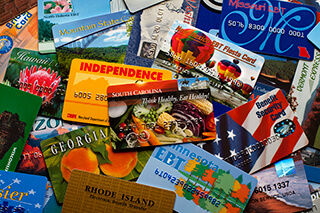Course Description
This course applies microeconomic theory to analysis of public policy. It builds from the microeconomic model of consumer behavior and extends to operation of single and multiple markets and analysis of why markets sometimes fail. We will study empirical examples to evaluate theory, focusing on the casual effects of …
This course applies microeconomic theory to analysis of public policy. It builds from the microeconomic model of consumer behavior and extends to operation of single and multiple markets and analysis of why markets sometimes fail. We will study empirical examples to evaluate theory, focusing on the casual effects of policy interventions on economic outcomes. Topics include minimum wages and employment, food stamps and consumer welfare, economics of risk and safety regulation, the value of education, and gains from international trade.
MITx Online Version
This course is part of the Micromaster’s Program in Data, Economics, and Design of Policy through MITx Online. The course is entirely free to audit, though learners have the option to pay a fee, which is based on the learner’s ability to pay, to take the proctored exam, and earn a course certificate. To access the course, create an MITx Online account and enroll in the course 14.003x Microeconomic Theory and Public Policy.
Course Info
Instructor
Departments
Learning Resource Types









